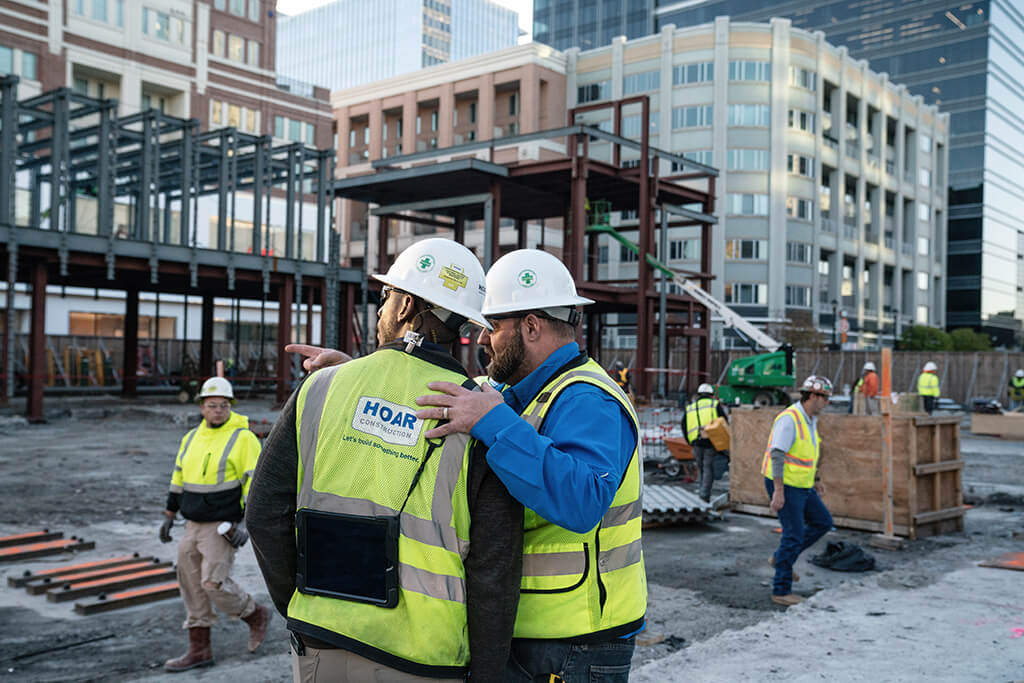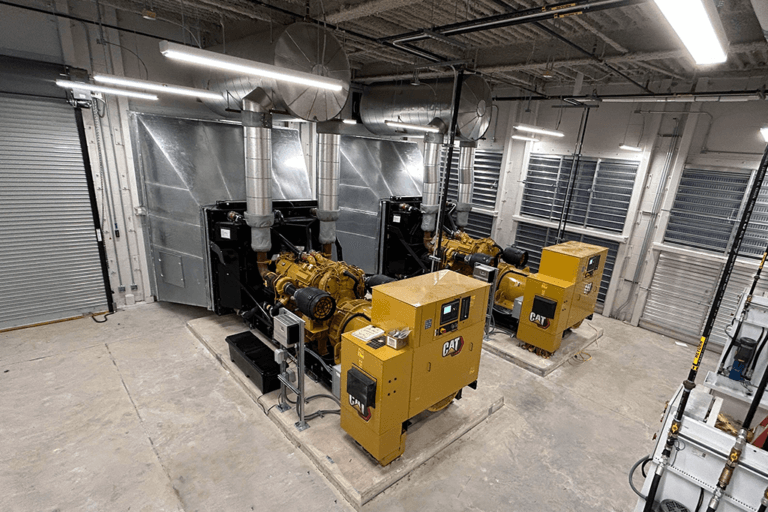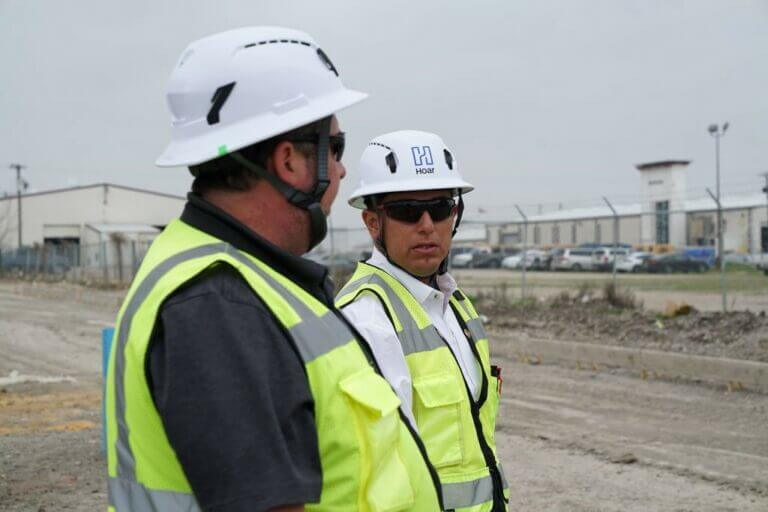
If you were in charge of hiring a coach for your favorite college football team, where would you start? You’d want someone great, with a winning record. But, would you only consider the number of championship games they’ve won? Or would you also want to look at how they got there. A great coach is someone who can develop an all-star program that inspires discipline and commitment from players during every aspect of the game — from spring practice to the playoff games, and all the preparation, studying, and conditioning that lies in between.
Developers should consider that approach when hiring a builder. You could of course look at their finished project portfolio to make sure they have the specific experience your project needs. But I’d argue the processes they use to get to the completion date tell a more detailed story than a beautiful, finished building. How accurate was their initial estimate? That shows how skilled they are at managing preconstruction. How many change orders were issued? That’s a good measure of their quality assurance program. Did they take a proactive approach to preventing safety risks? A safe job site runs more efficiently and delivers work faster.
There’s a lot to consider when hiring a builder, but because it’s national Construction Safety Week, I’d like to focus on how a builder’s approach to safety can be a good way to determine if they’re the right all-star coach for your next project.
Planning the Play
Smart teams make good use of their time off the field to develop, plan, and study the plays they’ll use on the field. Our company’s safety program requires our teams to meet and discuss the risks involved with every task. We call these meetings pre-task safety analysis (PTSA), and they force us all to pause before beginning work for the day to identify where the hazards are, what could go wrong, and what has to go right to be safe and successful. We’re consistently ranked one of the safest builders in the country, and our teams’ commitment to conducting proper PTSA’s every day for every task is a major reason why.
Calling a Time-Out
Our industry places a premium on speed and efficiency. It can be easy for project teams to feel that pressure and focus on meeting the schedule over maintaining safety. That’s why we take the time to consistently remind every trade partner and member of our teams that they have the authority to call a time-out at any time. Notice a team member using improper equipment? Call a time-out. Spot someone working underneath a suspended load from a crane? Call a time-out. Just like in a game, the time-out allows us to stop the action, solve the issue, regroup, and safely resume work. It may seem like a no-brainer, but it’s not always easy to be the one to stop work when you’re all facing a deadline. It’s up to general contractors to act like a head coach and build a culture where everyone feels confident and comfortable calling the time-out when safety is on the line. Stopping work may briefly halt progress, but it’s far better than moving forward and risking an incident or injury.
Empowering Everyone to Coach
Speaking of empowering, if the general contractor is the head coach, we believe they should empower every person on their job site to be a coach as well. It takes an entire team looking out for each other to build a solid safety culture on site. That could look like a trade partner who has worked with us before taking a moment to coach their new co-worker on our safety expectations. Or an assistant superintendent learning from their supervisor and passing that knowledge on to others on site. It all comes back to empowering. A great coach doesn’t need or want to be the only coach. That would be ego, not leadership. Great coaches take the time to build confidence and inspire their team to be a coach to others around them. When the culture promotes coaching, everyone on the team will improve and be able to deliver a superior project to our clients.
Be Relentless About Improvement
The best teams and their coaches are never satisfied with simply being the best. They work to be their best. What’s the difference? You can measure success by the fact you had zero losses. Or, you can look at how you won and look for ways to win better. How many turnovers did you have? How many flags were called? In construction, builders shouldn’t measure their safety by how few incidents they have. That doesn’t tell the whole story like recording any near misses or workers improperly using equipment would. They have to measure and track leading indicators like holding routine audits of safety equipment and tracking how often equipment was found non-compliant. Information like this can help contractors identify potential risk and hazards and work to create solutions to improve their safety programs even more. An undefeated team who doesn’t work to improve their performance game after game will eventually lose. In construction safety, losing could mean serious injury or even death — that’s why we have to be absolutely relentless in our pursuit of improvement. The stakes are too high.
In our industry, safety is expected. Quality is expected. Anyone looking to hire a general contractor probably isn’t going to be dazzled by detailed safety and quality plans alone. You want to see our action plan and our championship roster of completed projects. Which are both of course important. But, just like a winning team, you can’t win the game without applying the same level of discipline early in practice, workouts, and play development.
A safe builder is a smart builder, one who eliminates hazards to confirm work progresses on time and without incident. So, if you’re looking to hire an All-Star coach to run your next project, I’d encourage you to push them to sell you on their safety program as well as their winning record.

